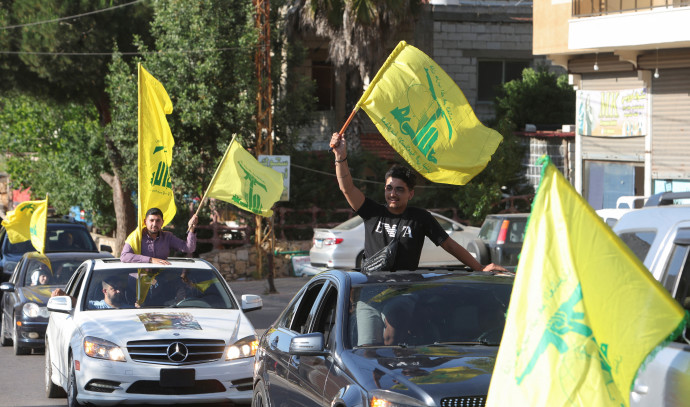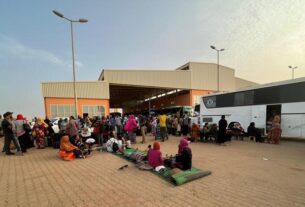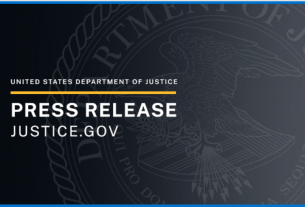The United Nations Security Council backed the independence of its peacekeeping force to investigate Hezbollah military sites on Israel’s northern border in a 13-0 vote. Russia and China both abstained.
The text included language that allowed the peacekeeping force, known as the UN Interim Force in Lebanon, to make surprise inspections.
“The resolution adopted today includes language strongly reaffirming UNIFIL’s full freedom of movement and its ability to conduct announced and unannounced patrols,” US ambassador to the UN Linda Thomas-Greenfield told the UNSC.
“It’s imperative that this be fully implemented and that UNIFIL not face unacceptable obstacles to carrying out its mission,” she said.
“We know UNIFIL has been unable to access a range of troubling [Hezbollah] sites across the blue line, including illegal firing ranges, Green without Border sites, rocket launch sites,” she said.
Such restrictions “hinder the mission’s ability to reduce the likelihood of conflict,” she said.
The UNSC vote was a victory for Israel, the United States and the United Arab Emirates which had worked to thwart a move by France to have UNIFIL seek to coordinate its movements with the Lebanese government. Last year’s resolution had guaranteed that it could act without such coordination. In the end, however, France which had been advocating on behalf of Lebanon, agreed to compromises that allowed the text to move forward.
Israel feared that such coordination would make it difficult for UNIFIL to move quickly to inspect problematic sites and would tip off Hezbollah to a pending inspection.
Negotiations until the eleventh hour
Negotiations on the text continued until the last moment. A compromise was reached by which the text stated that UNIFIL “is authorized to conduct its operation independently while continuing to coordinate with the government of Lebanon.”
Emirati Ambassador Lana Zaki Nusseibeh said her country would have liked to see clearer language in that paragraph. Still, she emphasized, there was “no way it could be interpreted to delay, undermine or restrict UNIFIL’s freedom of movement or ability to act independently.
She pointed to the paragraph immediately after that regarding UNIFIL’s ability to make “announced and unannounced patrols” as a safeguard to ensure the 10,500 peacekeeping mission’s independence.
For the first time, Nusseibeh said, at the United Arab Emirates’ request the resolution deals with the need for UNIFIL to access unauthorized firing ranges.
Nusseibeh said she would have liked to see clear references to the increasing obstacles hampering UNIFIL’s freedom of movement that keep it from reaching the Green without Borders sites believed to be Hezbollah military sites.
She was also disappointed that the resolution did not refer to the town of Ghajar on the northern border, as a place that was “occupied” by Israel. It had been referenced that way in the draft text. The resolution did, however, call on Israel to withdraw from that town.
Israel’s ambassador to the UN Gilad Erdan called the vote a significant victory for Israel. Both he and the Israeli government including the foreign ministry and the defense ministry had waged an intense diplomatic battle to highlight the importance of ensuring that UNIFIL was free to act, particularly at a time of increasing tension between the IDF and Hezbollah along that border.Defense Minister Yoav Gallant visited the UN earlier this week to discuss the danger of constraining UNIFIL with UN officials and security council members.Still, he said, the UNSC could have taken a stronger stance against Hezbollah.“I will continue to demand that the Security Council condemn Hezbollah and demand that the Lebanese government act against its military buildup, which could lead to a serious escalation in the region,” Erdan said.On Wednesday he told Army Radio that the tensions along that border resembled the period prior to the outbreak of the Second Lebanon War.UNIFIL is tasked with monitoring violations of the ceasefire that ended that war, as it was set out in UNSC Resolution 1701.The Lebanese Ambassador to the UN said her country was committed to maintaining the terms of Resolution 1701, but that UNIFIL had to operate in a way that respected her country’s sovereignty.



